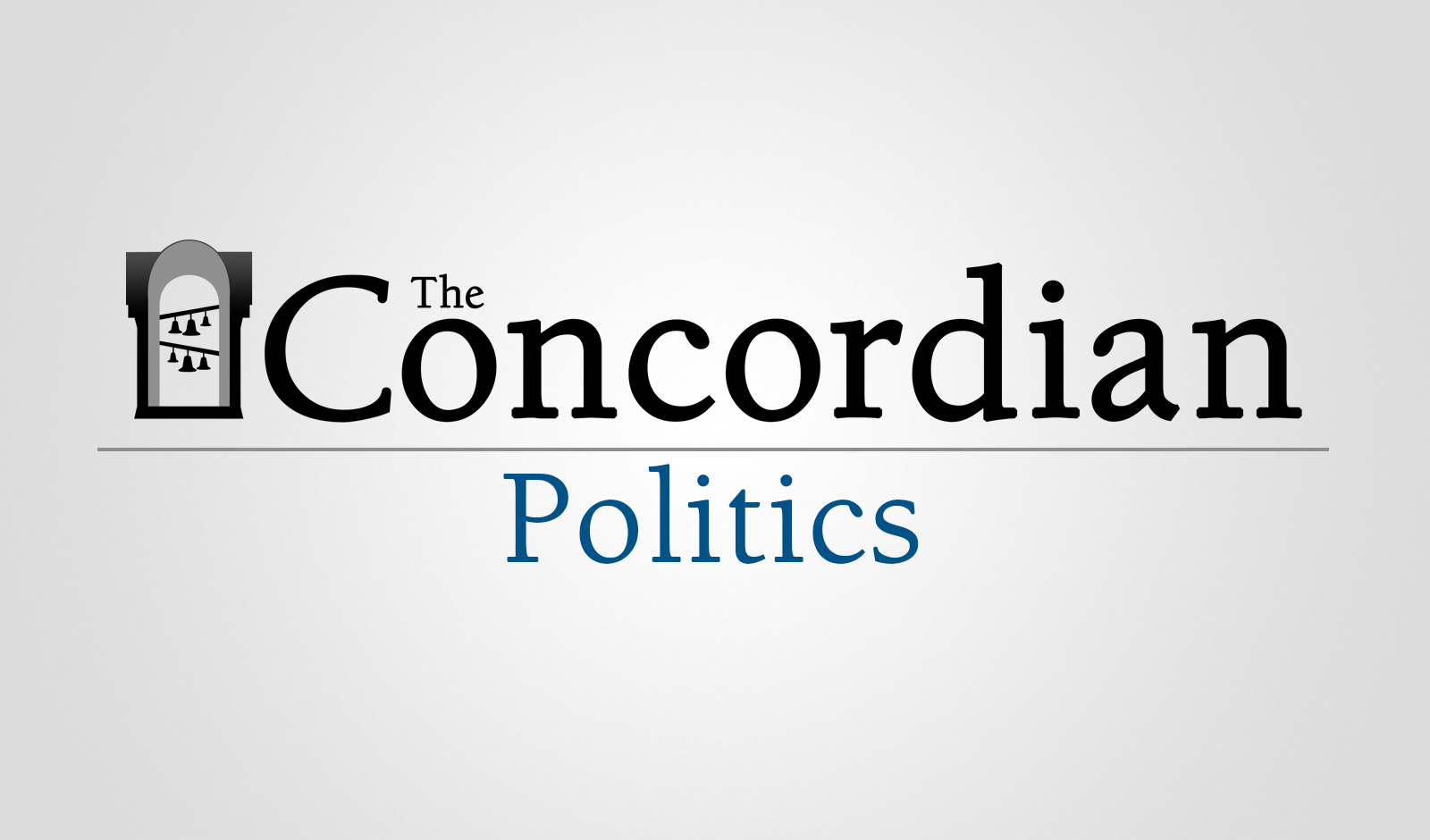The common portrayal by the US and Israeli governments of Iran being a grave threat to peace in the Middle East is rather ironic. For about the past decade and even more so recently there has been a constant saber-rattling by the two countries over the Iranian nuclear programme. Israeli Prime Minister Benjamin Netanyahu has urgently called for a “red line” to be decided on which if crossed would require immediate military action by the US against Iran. In 2011 a US military official called Iran the top threat to the US in the Middle East, more dangerous even than Al Qaeda. A recent poll has found that United States citizens have become overwhelmingly convinced that Iran is a serious threat to the nation. While President Obama has been reluctant to publicly give full US support for a military strike he has continued the aggressive stance towards Iran that has become the norm, and recently there have even been reports in the Israeli media that he may threaten Iran with military action come June.
History has thus far shown Iran to be far from aggressive. It has not invaded any countries in hundreds of years and any recent conflicts, such as the Iran-Iraq war in the 1980’s, have been fought defensively on Iran’s part. The seemingly-aggressive rhetoric sometimes heard from Iranian leaders is by and large in response to the continued threats against them by the US and Israel. Often cited as proof of Iranian ill-intentions is a 2005 quote by Iranian President Ahmadinejad that Israel “must be wiped off the map”, a statement that Israeli officials have since admitted was a misinterpretation. Iran is a signatory of the Nuclear Non-Proliferation Treaty, which prohibits countries from pursuing nuclear weapons and, notably, guarantees the right of countries to pursue nuclear energy for peaceful purposes. The IAEA has found Iran to be in compliance with the terms of the treaty. Additionally, Iran’s Supreme Leader Ayatollah Khomeini has publicly called for a nuclear weapons-free Middle East and denounced nuclear weapons as being “un-Islamic”. The military strategies of the country are defensive in nature, designed to deter potential attacks such as those often discussed by Israel and the US. These facts aside, the military might of Iran is vastly surpassed by the military capabilities of both the US and Israel. The focus of the Iranian regime is mostly self-preservation, and the leadership is wise enough to know that any attacks against other nations would be tantamount to suicide.
Contrast this with the two countries often quite hostile towards Iran. The United States is largely responsible for Iranian resentment towards it, having orchestrated the 1953 coup that replaced the democratic government of Iran with the oppressive dictatorship of the Shah. More recently it is considered by many to be complicit in a covert campaign to assassinate Iranian civilian nuclear scientists. On top of this the US is directly responsible for the recent war in Iraq that led to the deaths of hundreds of thousands of Iraqi civilians and the sectarian tensions that to this day cause heavy violence to occur. Israel too has a history of launching wars in the region, the defensive nature of which have been debatable. Its continued occupation and settlement of Palestine is the source of much conflict in the region, and has been accused by many of committing an array of human rights violations, such as during its 2009 war in Gaza. In addition to having the most sophisticated and well-armed military in the Middle East it is also widely believed to possess a nuclear arsenal of up to 200 warheads, although Israel follows a policy of neither confirming nor denying this and is not a signatory of the Non-Proliferation Treaty, something that could be considered very hypocritical considering its intense opposition to the Iranian nuclear programme. A 2003 poll found that 60% of Europeans view Israel, not Iran, as representing the biggest threat to world peace.
What should also be taken into consideration is the difference in the perspectives of the US and Israeli governments on Iran and their citizens. Despite overwhelmingly viewing Iran as a threat, a 2012 poll found that only 17% of US citizens would support military actions against it. In addition to this, the majority of Israelis would also oppose a war, and many have voiced concern over the potential negative effects it would have on them financially in addition to possible human casualties.
War in the Middle East has unfortunately occurred all too frequently. Countless lives have been lost and communities destroyed in conflicts such as the occupation of Palestine, the Iraq War, and now in Syria’s civil war as well. To seek out further conflict in a situation where it is unnecessary would be a tragic addition to that record. The US and Israel would do well to tone back their aggressive rhetoric on Iran. Their track records on promoting stability and peace in the Middle East can be considered in many ways significantly poorer than that of the Islamic state, and their depiction of it as a grave threat to be stopped at all costs is simply untrue.

